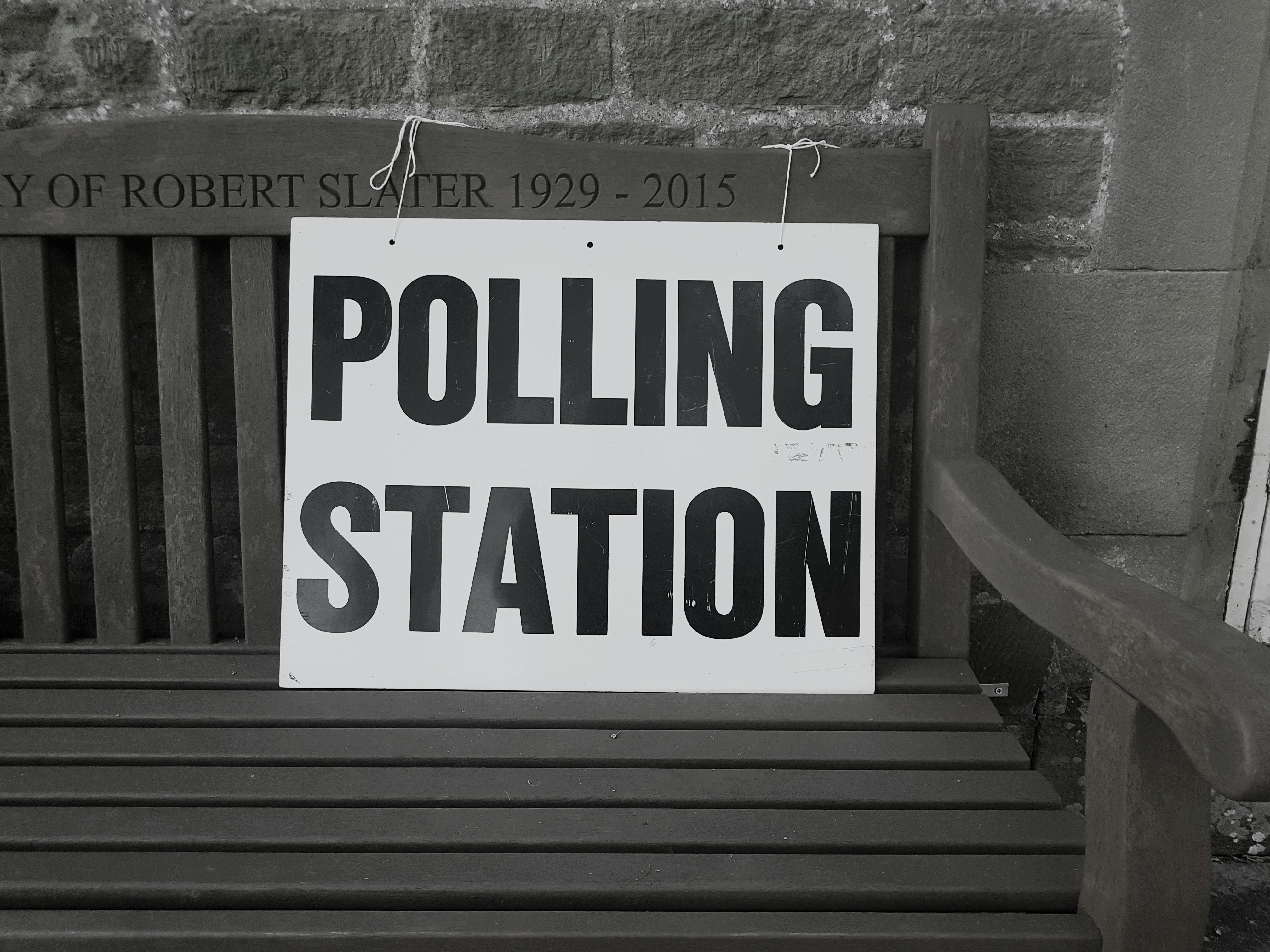
Image source - Steve Houghton-Burnett
This article was originally published on May 12, 2025.
The local elections on the 1st May in some councils marked a dramatic and worrying shift in the UK political landscape. The gain of 677 councillors for Farage’s Reform and loss of 674 councillors for the Conservative Party marks an undeniable shift from the centre-right to more extreme right wing parties.
With little clarification on policies towards local councils, Reform UK seem to be recycling their 2024 general election manifesto to attract votes, despite councils having no impact upon their main party policies regarding immigration. The manifesto is entitled Our Contract with You, with the party selling itself in a business style manner, a party which views politics as a transaction, not a service. Farage, a figure known for stoking division and xenophobia, consistently scapegoats migrants and asylum seekers, blames "small boats" for the UK’s challenges, while simultaneously promising to slash foreign aid by 50% and remove legal aid for asylum seekers, even proposing to return them to unsafe countries in which they may face persecution and violence. Their manifesto accuses foreign nationals of going to the front of the housing queue, a completely untrue accusation which stirs up animosity as they are not entitled to benefits upon entry to the country and are subject to numerous tests before receiving any assistance. Just hours after her win of the mayorship of Greater Lincolnshire, Andrea Jenkyns, who defected from the Conservative party, continued to peddle this anti-immigrant rhetoric, suggesting that migrants should be happy to live in tents. Reform has additionally vowed that in councils it controls, councillors will campaign against the use of hotels to temporarily house migrants in local authorities.
Jenkyns is thought to be the first who will be responsible in attempting to scrap equality, diversity and inclusion measures within the council and local authority. Farage promised to remove all EDI roles and regulations in Reform controlled areas, making the workplace a more challenging and unbalanced environment for those from ethnic backgrounds, with disabilities, members of the LGBTQ+ community, women and those of religious communities to name a few.
Additionally, under the guise of “immigration reform,” the party proposes to restrict entry to international students with “essential skills” only. Their manifesto however does not define what constitutes these skills. Caught up in its divisive politics, Reform appears to ignore the considerable economic and cultural contributions made by foreign students, with a year’s tuition fee costing £24,470 at the University of Birmingham to give just one example. This does not even begin to include their contributions through rent, bills, tourism and shopping.
Many of the party’s policies can not be funded. Domestically, the proposed abolition of inheritance tax on estates under £2 million would benefit 98% of estates - including some of the wealthiest in the nation - but Reform fails to explain how tax revenue lost from such moves would be recovered. Many of Reform’s domestic policies leave us with the question of simply: how? Their promise to “reform” the tax system offers no specifics. Promises that they will motivate people to work - with what incentives? Their vision of law and order involves the recruitment of 40,000 new police officers, with no clear recruitment plan other than a push for more militarised forces.
Rather than initiate reform for the underfunded NHS, the party proposes pushing people toward private healthcare. On multiple occasions, Farage has been recorded promoting the American style of insurance based healthcare. Reform says they will offer vouchers for private healthcare; they can not force a private clinic to actually accept such vouchers and do not propose how they will enforce this policy.
The party proposes scrapping Green legislation such as Net Zero targets, despite concerns regarding climate change and advocates for “clean coal mining,” a concept widely dismissed by experts as a contradiction. They also aim to ban clean air zones, despite their clear health benefits.
In education, Reform stated a desire to “balance” teachings on British colonialism and slavery within the curriculum, downplaying the atrocities of the empire and its impacts globally. The party targets the inclusion of transgender people, stating that teachers must not discuss gender identity in a similar nature to Thatcher’s Section 28 legislation and can not use a child’s preferred pronouns. This impacts communities at a local level as they aim to block the establishment of gender neutral spaces.
This is not reform - it is regression. A regression to a Britain that is divided and increasingly isolated, stuck in the past rather than progressing with climate initiatives and social inclusivity.
Megan is an MA History student at the University of Birmingham. Her main interests lie in UK politics and current affairs, interested in social and cultural impacts. Aside from politics, she enjoys visiting historical sites, reading and hiking!